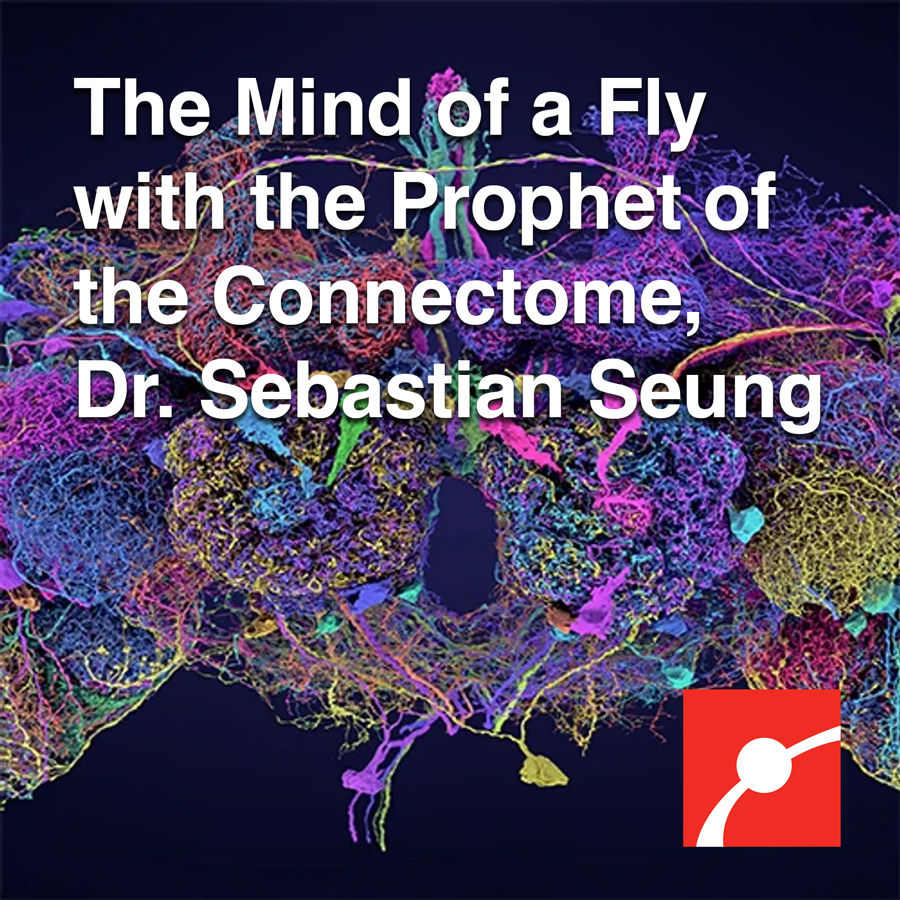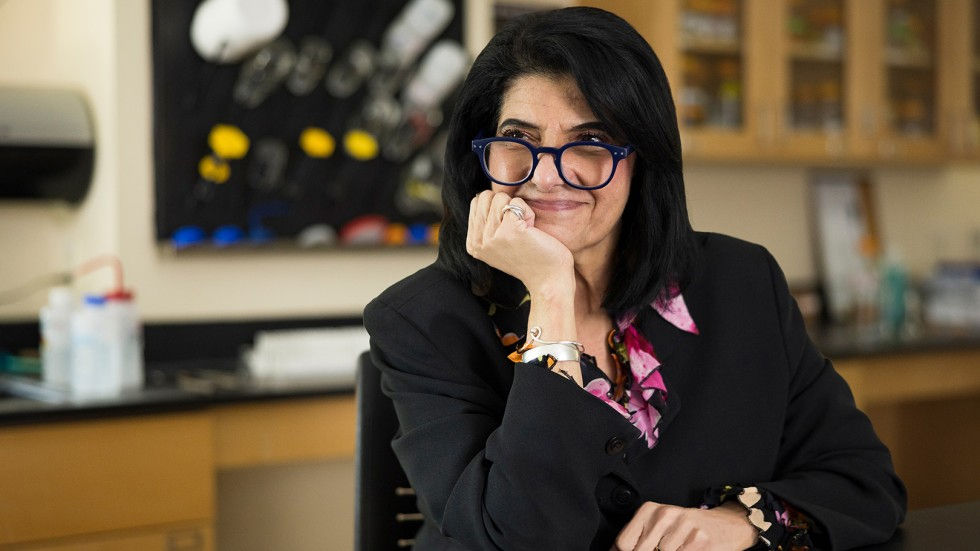Blood pressure drug may prevent immunotherapy-induced brain swelling in patients with glioblastoma
- Carmon Emery
- Feb 2, 2023
- 2 min read

Improving immunotherapy outcomes for the majority of glioblastoma patients remains a critically unmet need. In mouse models of glioblastoma, the use of a safe, affordable, and widely prescribed antihypertensive agent (losartan) overcomes immune-related adverse events, enhances antitumor immune activity, and improves survival outcomes of immune checkpoint blocker therapy. A mouse biomarker model provides key insights into cellular mediators of immunotherapy response that are present in the tumor microenvironment prior to treatment. The results shown here serve as a foundation for future clinical studies testing the combination of losartan with immune checkpoint blockade in glioblastoma patients.
“Cerebral edema is in and of itself a hallmark of primary brain tumors such as glioblastoma. In glioblastoma patients, we found that immune checkpoint blockade on average increases cerebral edema by approximately 20%. This is not only neurologically detrimental to patients; it can even be lethal,” says senior author Rakesh K. Jain, PhD, director of the E.L. Steele Laboratories for Tumor Biology at Massachusetts General Hospital and the Andrew Werk Cook Professor of Radiation Oncology at Harvard Medical School. “Most patients who experience edema receive steroids to reduce the brain swelling; however, these drugs are highly immunosuppressive and thus counteract the effects of immunotherapy. Therefore, we have identified a viable pharmaceutical option for edema control that addresses the underlying mechanism of immunotherapy-induced edema, and also sensitizes the tumor microenvironment to immune checkpoint blockade therapy.”
Jain notes that because losartan is safe, effective, and affordable, it can be readily prescribed along with immunotherapy to patients with glioblastoma. Building on their previous approach published in PNAS in 2020 to identify biomarkers of response to immunotherapy, the team also identified factors in the tumor environment that may predict which patients are most likely to benefit from such a combination. See full research article Contributed by Rakesh K. Jain @PNASNews @MGHSteeleLabs
Key Takeaways
Immune checkpoint inhibitors that have revolutionized the treatment of multiple cancers, have failed in all randomized clinical trials in glioblastoma patients. One reason for this failure is that these inhibitors increase brain swelling, or edema.
The widely prescribed, safe, and inexpensive blood pressure drug losartan can prevent immunotherapy-related edema by reducing the expression of certain enzymes in cells that line tumor-associated blood vessels and induce blood vessel leakage to cause edema.
Adapted from a press release issued by Massachusetts General Hospital.





Comments